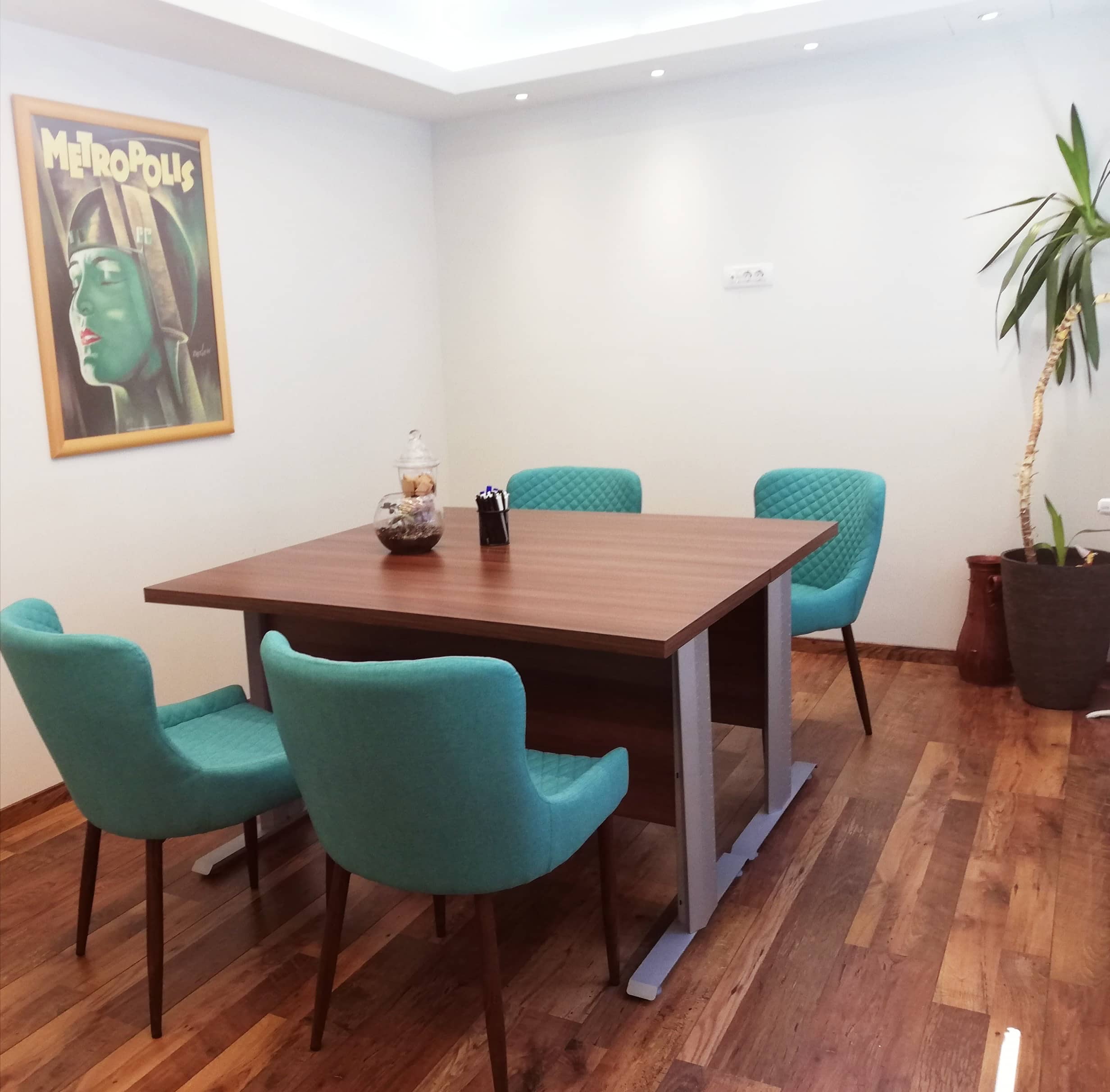Graduating from university is often one of the most beautiful moments in young people’s lives, and it also marks the beginning of a new chapter that can carry many doubts and ambiguities with it that are rarely talked about.
Searching for a job can be an exhausting process that often requires a lot of time, investment and persistence. During this process, we are generally not taught what it means to look for a job properly and how to do it. We are simply expected to find a job.
In the following lines, we will cover in more detail the common mistakes that can occur during this process with an idea to make it easier.
Not answering the phone
In the HR world, it is not uncommon for applicants to apply for a job advertisement and never answer the phone afterwards. When you apply for a job in any way (job search portal, e-mail, LinkedIn, etc.) you can expect that if you meet the requirements of the job ad, there is a possibility that you will be invited for an interview. Of course, you will not be expected to be available 24/7, but it would be advisable that if you have a missed call on your phone, to return that call, as it may be that this step brings you closer to finding a job. Alternatively, you can always send a message saying that you were not able to respond at that time and when you will be available again.
Interview/test delay
The rule that a 15-minute academic delay is just fine may not be the best option to apply while looking for a job. It is important to know that the interviewer has set aside a specific time to interview you (30-60 minutes mostly) and that there are often scheduled several more interviews and meetings after you. This means that if you are late you will be in a situation where the interviewer will not have enough time to devote to you, and you may not be able to present yourself in the best possible way. Therefore, make sure you also include the time you need to get to the location where an interview will take place in preparation for an interview. Also, consider potential roadworks, bus route changes, or changes in weather (rain, snow, etc.) that may affect the time required to arrive for an interview.
In case you are late, make sure you call the person you have an interview with, in order to inform them about the approximate time of your arrival.
Failure to fulfil an agreement
If you agree on the interview to do something (e.g. send an updated CV, supporting documentation, portfolio, etc.) it is very important that you comply with that. In this way, an interviewer can plan the further course of the selection process and arrange additional steps with a hiring manager or other colleagues participating in the process. Also, by fulfilling what you have promised, you reinforce the positive impression you have made on the interview and influence trust-building with an interviewer.

Not showing up on the interview
With being late, this is one of the more common situations that recruiters face. By not attending an interview, you can easily be characterized as an irresponsible person, and if you apply on another job ad again, it is likely that you will never be invited again.
What candidates often forget is that they are evaluated by interviewers from the very beginning, from the first telephone conversation until the moment the final candidate has been chosen. Accordingly, do not forget that it is crucial to leave a good impression until the very end, and also that these are the small steps to build a good reputation in the labour market.





